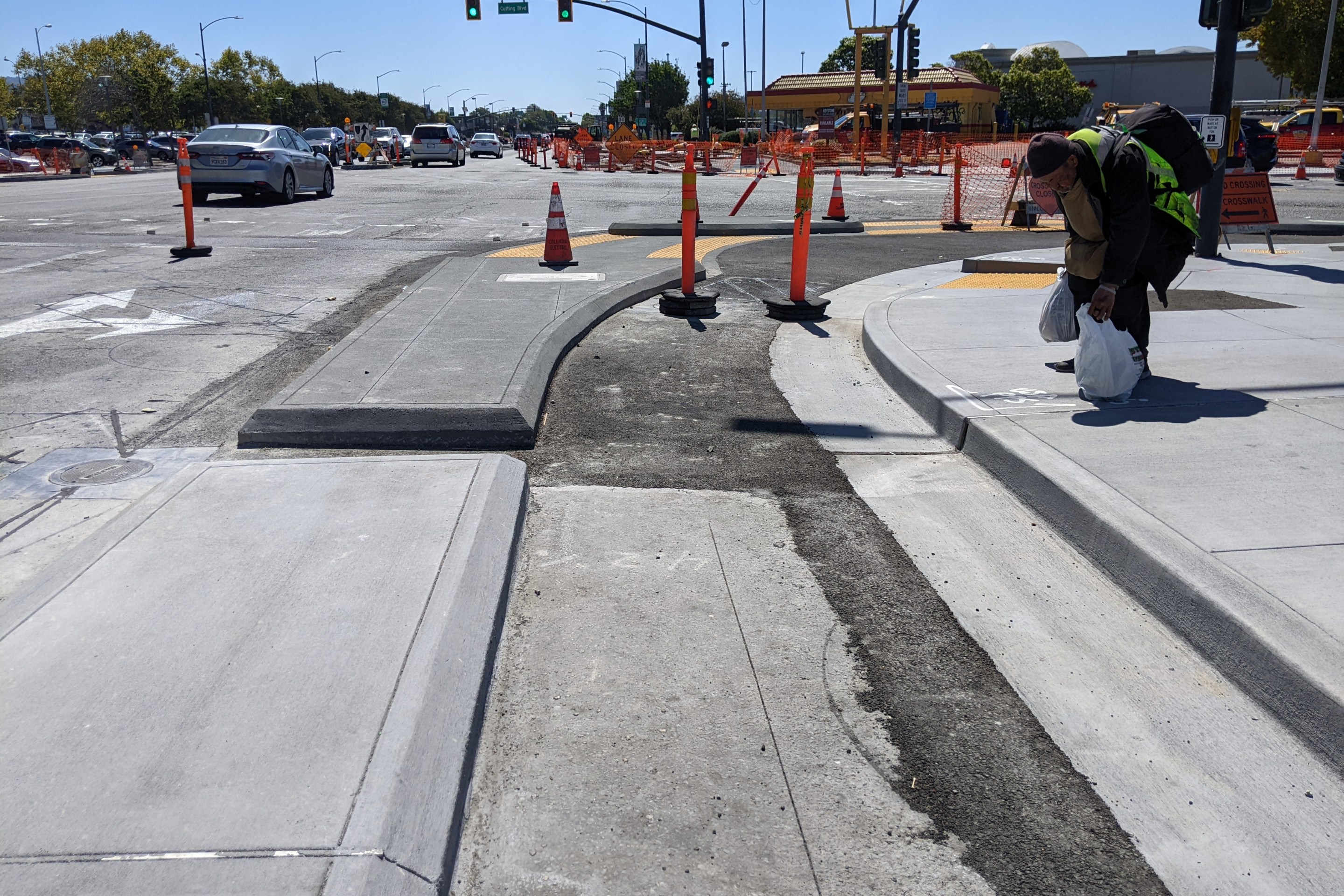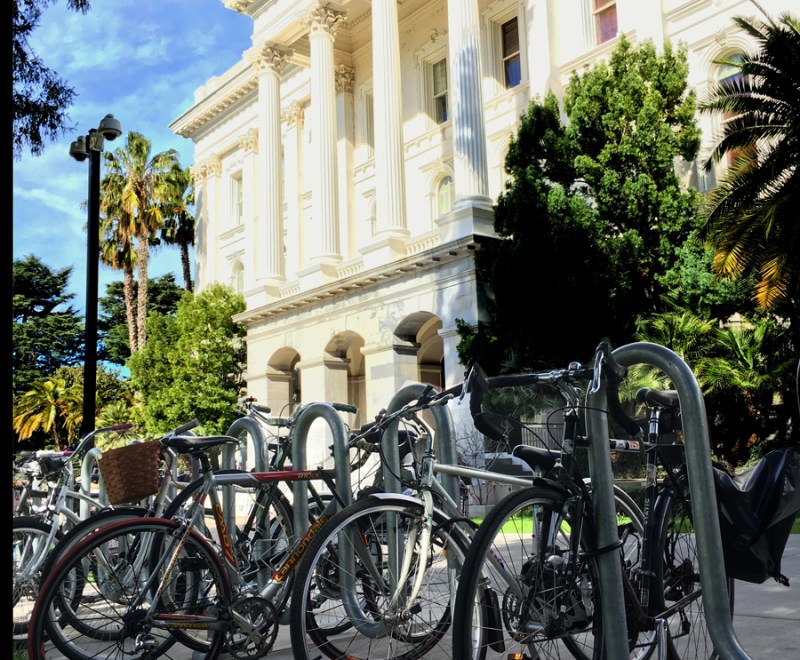It's too soon in the development of SFPark to draw any conclusions about the effectiveness of demand-responsive pricing on parking habits, says the SFMTA's Jay Primus, who manages the SFPark program.
Primus got in touch yesterday when the Streetsblog Network highlighted a blog post from Michael Perkins at Greater Greater Washington which claimed that the results of the experiment, which began in April, are showing that "prices affect parking less than San Francisco expected."
"To date," wrote Perkins, "the most crowded blocks have typically continued to be crowded even after adjusting the prices upward, while under-occupied blocks have not filled up even after dropping the price."
Primus responded in the comments and spoke with Streetsblog to address points raised by Perkins and other readers. "The 'expectations' that Michael wrote of are his own," Primus said. It's also worth pointing out that Perkins' post didn't include any specific data or sources that support his assertion.
"SFMTA has taken a very empirical approach with SFPark," said Primus, "and this is a demonstration project that is just getting started, so it’s a little early to say how well it’s working, especially without proper analysis and evaluation."
See the full statement from Primus after the break:
It is premature to make conclusions about the effectiveness of demand-responsive pricing for parking. Before evaluating its effectiveness, people need time to become aware of rate differences between blocks, time of day, and/or between on- and off-street alternatives (as we have largely lowered rates in garages). These changes do not happen overnight.
Several people have commented that, essentially, “demand-responsive pricing at meters won’t work because drivers will not know prices at different meters or garages”. We disagree. Not everyone needs to know about the differences in parking rates. To create more parking availability, we only need a few people to know about rate changes and choose to park somewhere else.
Who knows about the differences in parking rates? At least some people, whether because they use an app to see rates (as well as availability), park so frequently in the same area that they are "experts" that end up noticing rate differences, or because people will generally start to realize that it now costs less to park in garages than on-street. It is still very early days and it takes time to learn and adjust.
When evaluating the effects of parking pricing on parking demand, it is also important to recognize that parking demand is not constant. Many factors besides price influence parking demand, including seasonal variations (e.g., summer vs. fall), employment levels, and fuel prices. SFpark is a demonstration project, and we are gathering data that will enable a rigorous evaluation to better understand how price, as well as other factors, influence demand for parking. After a longer period (say, 18-24 months) of demand-responsive rate changes, we will all be in a better position to rigorously evaluate how demand-responsive pricing delivers benefits and changes parking, or travel, behavior.





